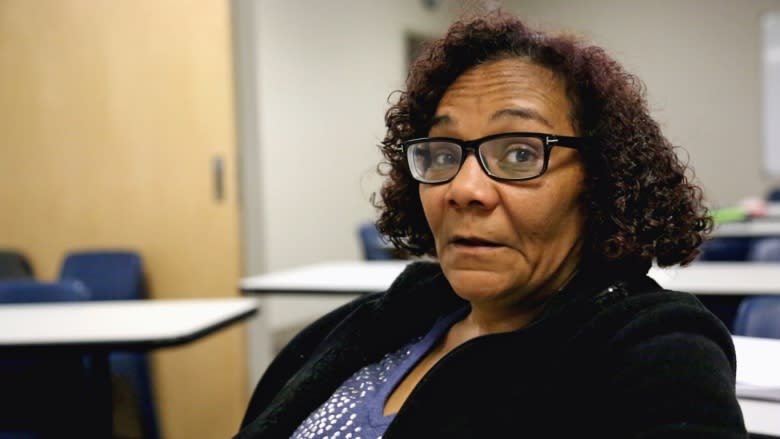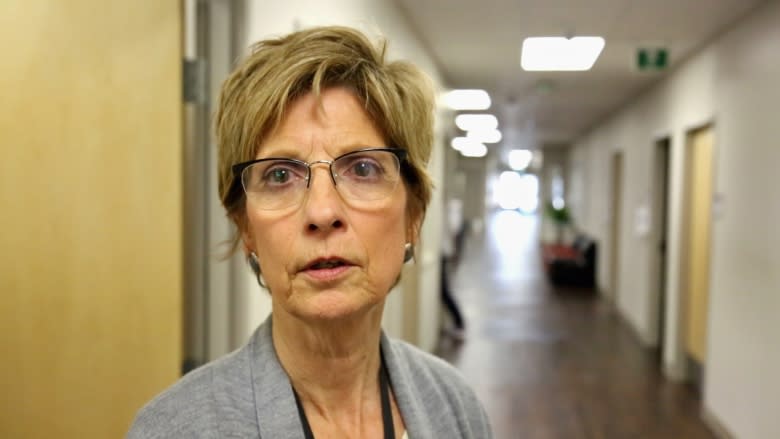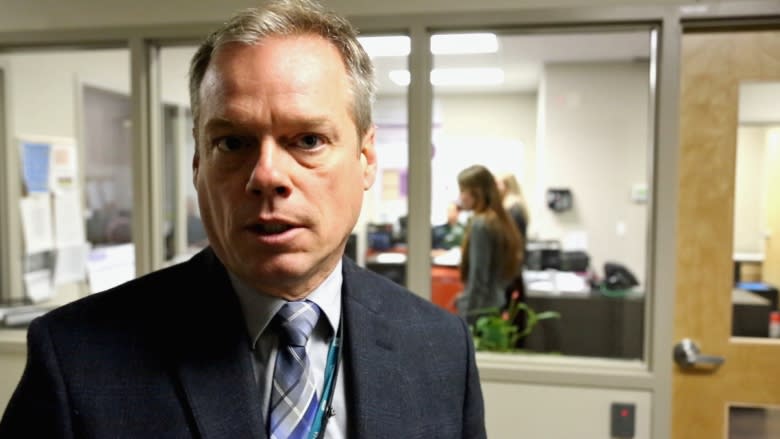Marginalized patients getting quicker access to care at new stability centre
Battling through severe anxiety and struggling with an alcohol addiction, Kelly Harris ended up in the emergency room.
Instead of getting stuck at the hospital for hours, which is a typical scenario, Harris was referred to the mental health and addictions clinic that opened up nearly a year ago in Windsor's downtown.
Staff at the Transitional Stability Centre say the 428 clients they've seen in less than a year have had quicker access to services because of the program.
Harris may be on a waiting list for an alcohol addiction program, but with the services available at the stability centre, she's already 15 days sober.
"It's been worth it," she said. "I wasn't understanding my thoughts and my feelings. Since starting here, I'm getting a grip on my emotions, on my feelings."
Bridging the gap
The goal of the stability centre is to bridge the gap between service providers and the marginalized people who don't have regular access to those services.
The stability centre, which is part of Hôtel-Dieu Grace Healthcare, helps get assessments done for all clients, who suffer from a range of issues, including bipolar disorder, anxiety, depression, substance abuse, severe psychosis and schizophrenia.
A team of mental health and addiction experts, along with crisis workers, help guide clients to the services they need.
Since opening, the centre has taken in people as young as 16 and as old as 70, but the average age range stretches from 19 to 61. The average age is 37.
Patients typically spend three to five weeks at the centre, but others have stayed longer because their wait to transfer to another service took a little longer.
Drastically reducing wait times
Keeping patients out of emergency rooms has been beneficial for both the clients and the hospitals, explained Patricia Thomas, who is the integrated manager of services at the stability centre.
"Most individuals ... tend to go to the emergency department, where we know there is a lengthy wait," she said. "If they come here, we can help identify what brought them here, ask them how we can help them, and then stabilize (them) and develop a plan here and then link them seamlessly to ongoing care in the community."
By eliminating barriers to service — the centre will take anyone in and connect them to the appropriate programs — fewer people will go without access to health care, explained Rob Moroz, integrated director at the stability centre.
Once the patients are in the door, they also provide many of the basic services people need, such as showers, clothing, laundry facilities, and food.
"The big thing we wanted to get was comfort: People feeling comfortable coming in, people feeling comfortable staying," Moroz said. "We want people to feel like they can come in and not really worry about feeling eligible or meeting some criteria."












